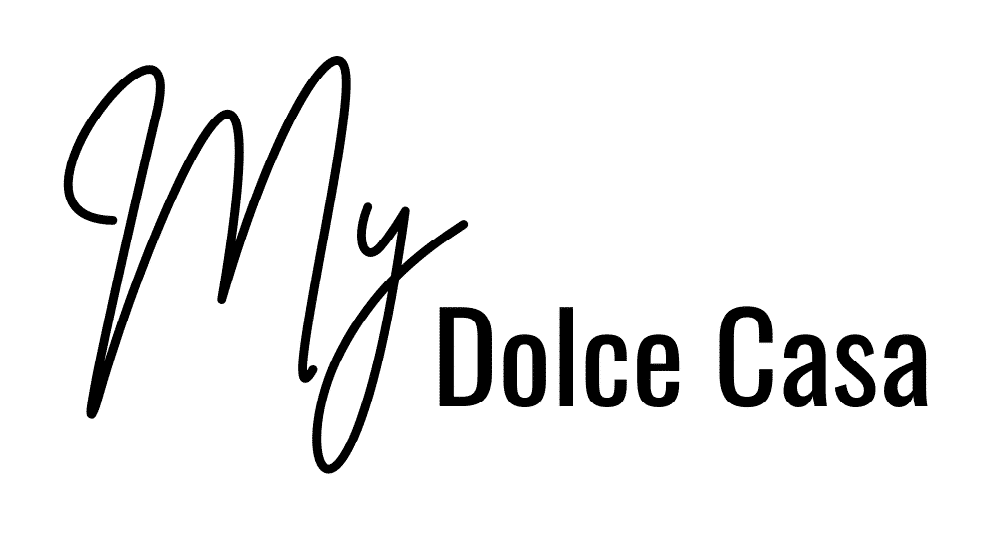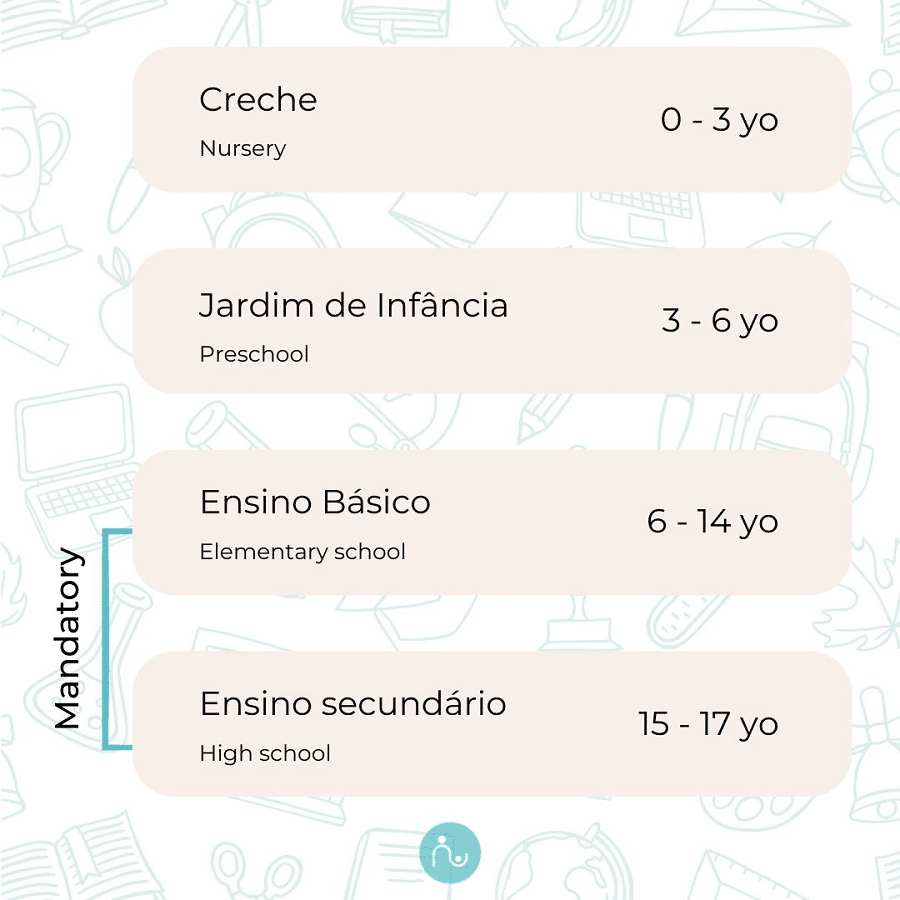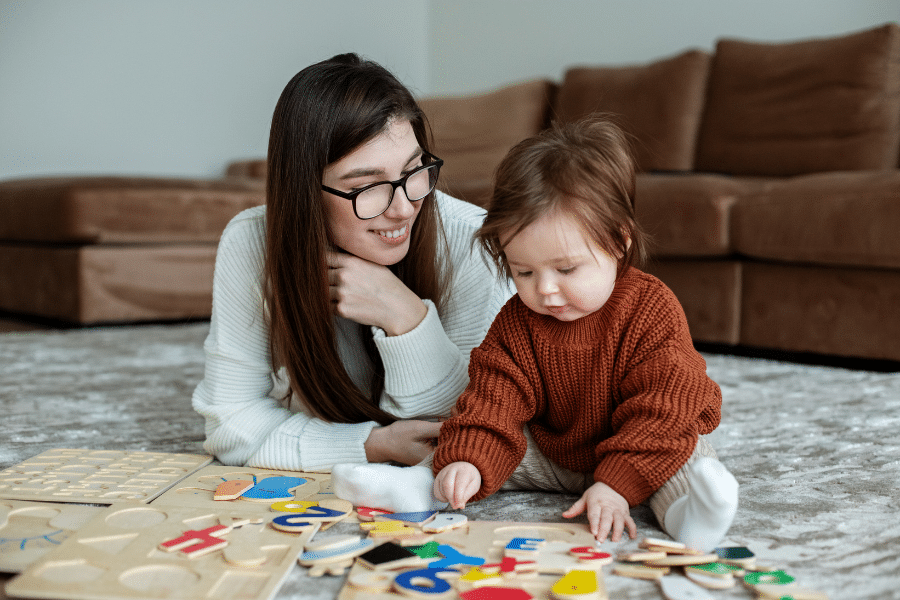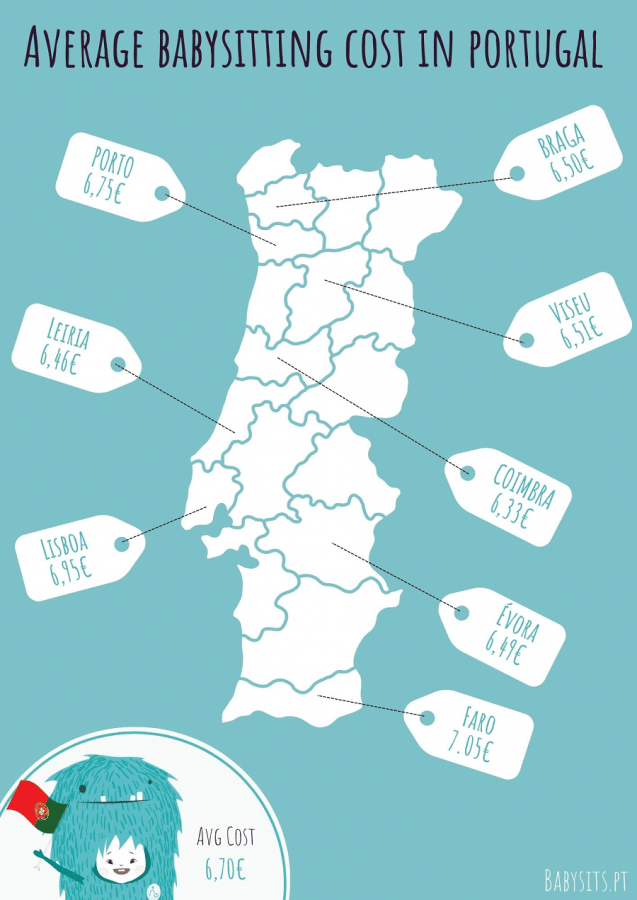Many people are moving to Portugal in search of a better lifestyle, a more relaxed life, better weather, and beautiful places. However, moving abroad with kids comes with a few worries for parents when it comes to childcare, or as they best say it in Portuguese, “cuidar de crianças”.
Moving countries can be quite stressful for kids and parents. Adapting to the culture, the language, and understanding the school system can seem complicated for a newcomer. Whether you already have kids and are moving to Portugal or are already in Portugal and looking to start a family, it is imperative to know all the options for childcare and education.
Before delving into childcare, it is important for new and soon-to-be parents to understand all about maternity leave (Licença maternal) and paternity leave (Licença paterna) in Portugal.
Parental leave in Portugal (Licença parental)
The base parental leave in Portugal consists of 120 fully paid days, or 150 days, paid at 80% of your salary. Parents can choose one of the two options.
First, it is mandatory for the mom to take a 6-week (42 days) maternity leave after birth. The rest of the days can be shared between the parents, in what is called a shared parental leave.
If you choose to take shared parental leave, then 30 more days will be added to the original number of days. This brings the total number of maternity leave days for shared parental leave to 150 days, respectively 180 days. However it is important to note that the parents can’t take these days off at the same time. Each parent must take 30 days in a row (or two periods of 15 days in a row).
The levels of childcare in Portugal
When you need to go back to work at the end of parental leave, parents can choose to register their kids in a nursery or hire a nanny or babysitter. After nursery, they can enroll in preschool. Next, mandatory schooling begins with 1st grade until the 12th grade. Here is a more detailed explanation.
1. Nursery (Creche or Infantário)
Nursery, which is called Creche or Infantário in Portugal, is intended for children aged 3 months old to 3 years old. At this stage, they develop social and communication skills, which include arts and crafts, playing outside, and other age-appropriate activities. There is a large selection of nurseries in Portugal compared to other countries in the EU. Portugal is also one of the countries where kids spend the longest amount of time in the nursery, as most are open from 7:30 am to 7:30 pm.
The Portuguese government has recently implemented publicly subsidized nurseries or nannies for free for every child born from September 2021 onwards. However, the spots are limited and people with lower incomes have priority. The government is still working on this new measure, so new updates can be expected.
There is also a large selection of private nurseries. The costs depend on a lot of variables, including the area. However, the average cost for a private nursery is between €200 to €300 a month per child. If this is too expensive, you can always hire a babysitter or nanny.
2. Babysitters & Nannies (Babysitters & Amas)
A babysitter or a nanny might also be a good option. A babysitter can give a more personalized, flexible, and one-on-one care to your child. For example, babysitters are the best option if you are working from home and still want your child to be close to you, if you feel they are not prepared to go to nursery, or if you need help on weekends and evenings.
A big plus with hiring a nanny when you live in Portugal is the language learning opportunity. You can find a bilingual babysitter that can help your little one improve their Portuguese, while also speaking your native language. Another plus for babysitters is the cost. In Portugal, the average hourly rate to hire a nanny is around €6.70/ hour ($7.40).
There are several agencies and online platforms that can help you search for the perfect candidate. For example, Babysits allows you to connect with babysitters all over Portugal (and the world). Via Babysits you can safely find the perfect babysitter for your child’s needs, whether you are looking for a bilingual babysitter or a babysitter with experience working with special needs children.
Babysitting can also complement nursery or preschool. It can help during the holiday period, if you work on a different schedule or if you need to spend some time without your children, for example, for a date night or dinner with friends, or simply if you want some help.
3. Preschool (Jardim de infância)
Pre-school, just like the name implies, prepares kids from ages 3 to 6 to enter the first grade. Here they learn social skills, basic reading, and writing, and also have fun activities and play outside. Pre-schools in Portugal can be public and private.
The public free preschools have limited spots, so most parents go with a private option. A private preschool is normally priced between €200 to €300 per month, but it can be higher depending on the area.
You can register your kid for a public preschool online, through the Portal das Matrículas, or in person. To register in a private preschool, you will need to contact the preschool directly.
International schools in Portugal
Another option that might be good if you wish to enroll your child in a more international environment is international schools. There are a lot of international schools in Portugal, especially in Lisbon.
This might also be a good option for expats living in Portugal since in these schools the main language is English. However, this means their Portuguese language will not develop at the same pace it might in a Portuguese school, and they won’t be as easily integrated into the Portuguese culture. A babysitter can, of course, be add value in this regard, as they can help your children learn and adapt to life in Portugal more easily.
School Holidays in Portugal (Férias Escolares)
Finally, it is important to know the school year and holiday schedule in Portugal. This might change from school to school, but here is a general guide for 2023 – 2024.
For elementary school:
- Start of school: 12th to 15th of September
- Christmas (Natal): 18th December to 2nd of January
- Carnival: 12th February to 14th of February
- Easter (Páscoa): 25th March to 5th of April
- Summer (Verão): 29th of June to the start of the next school year
For preschool:
- Christmas (Natal): One week
- Easter (Páscoa): One week
- Summer (Verão): 45 days
*Preschools can decide when these days are taken.
During the long summer break, a lot of children go to summer camps (Colónias de Férias). These are traditional camps where children spend time enjoying the beach, pool, visiting museums, and doing fun activities.
There is much to consider when choosing the right option for you and your children while living in Portugal. No option is wrong, it is entirely based on preferences. We hope this short article has helped you to understand how Portuguese childcare works and to make a well-informed decision about what childcare option works best for you.
Browse more informative guides about living in Portugal: learn all about the healthcare system in Portugal.




